EEPC India seeks copper scrap policy; asks govt to provide fiscal support to GSP affected products for lab intensive MSME sector
Updated: Apr 23, 2019 09:24:37am
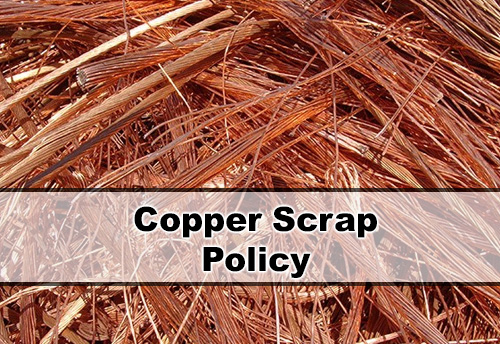
EEPC India seeks copper scrap policy; asks govt to provide fiscal support to GSP affected products for lab intensive MSME sector
New Delhi, Apr 23 (KNN) Noting with concern of over 60 per cent fall in copper and copper product exports in March 2019 due to shut down of the Tuticorin plant of the Sterlite in Tamil Nadu, the Engineering Export Promotion Council (EEPC) of India has impressed upon the government to bring in a Copper Scrap Policy in order to prevent import of inferior and hazardous materials.
It said “In order to prevent the import of inferior quality and hazardous copper scrap, we would also like to suggest that the Government should develop internationally compatible standards and may bring a copper scrap policy like the steel scrap.”
There was a fall of 60.8 per cent (i.e. USD 127.43 million) in March 2019 vis-à-vis March 2018 in export of copper and copper products. Cumulatively, the decline in the export of this critical material and its products was 69.4 per cent (i.e., around USD 1065.22 million) in the full fiscal April-March 2018-19 vis-à-vis same period last year.
“Indian domestic refined copper production has fallen significantly during the first half of 2018-19 mainly due to the shutdown of the 400 KT, Tuticorin smelter of Sterlite which accounted for 40 per cent of the country's copper smelting capacity,” said the Council.
Recently, the Supreme Court refused to allow Vedanta plan to reopen Sterlite Copper's Tuticorin plant. Therefore, in this context, EEPC India feels that the declining trend in exports of copper would continue.
EEPC India Chairman, Ravi Sehgal said, “Domestic industry relies heavily on imports of copper concentrate from far off countries, particularly from South Africa in a big way. This really increases the cost of production.”
The duty on the copper concentrate is presently 2.5 per cent while the finished goods coming at zero duty. Thus, there is a situation of inverted duty structure, he added.
He said “Government could consider removal of this duty in order to help the industry becoming globally competitive."
Another source of imports of copper concentrate was Indonesia which according to industry has imposed an export tax. This in turn is making our imports expensive. Indonesia is a FTA partner of India under India-ASEAN FTA and the Government should take up this issue at government to government level, he pointed.
However, import of inferior quality and hazardous copper scrap should be prevented.
The EEPC India also raised concern over the recent announcement by the US President, Donald Trump to withdraw India's name from the Generalized System of Preferences (GSP) program on March 5, 2019.
It said ''Withdrawal of GSP will definitely have adverse impact on the products (833 engineering products out of 1900 total products) exported from India under GSP program which are mostly manufactured by Indian MSMEs''.
The Indian engineering exports are already going through tough time because of high input cost, issues with GST, lack of finance for MSMEs and sluggish global economies etc. But for March, engineering exports also in recent months have been faltering, it added.
In this context, the sudden withdrawal of GSP by USA will be detrimental for Indian exporting community. The government should provide some fiscal support for affected products especially for the labour intensive MSME sector, the council said.

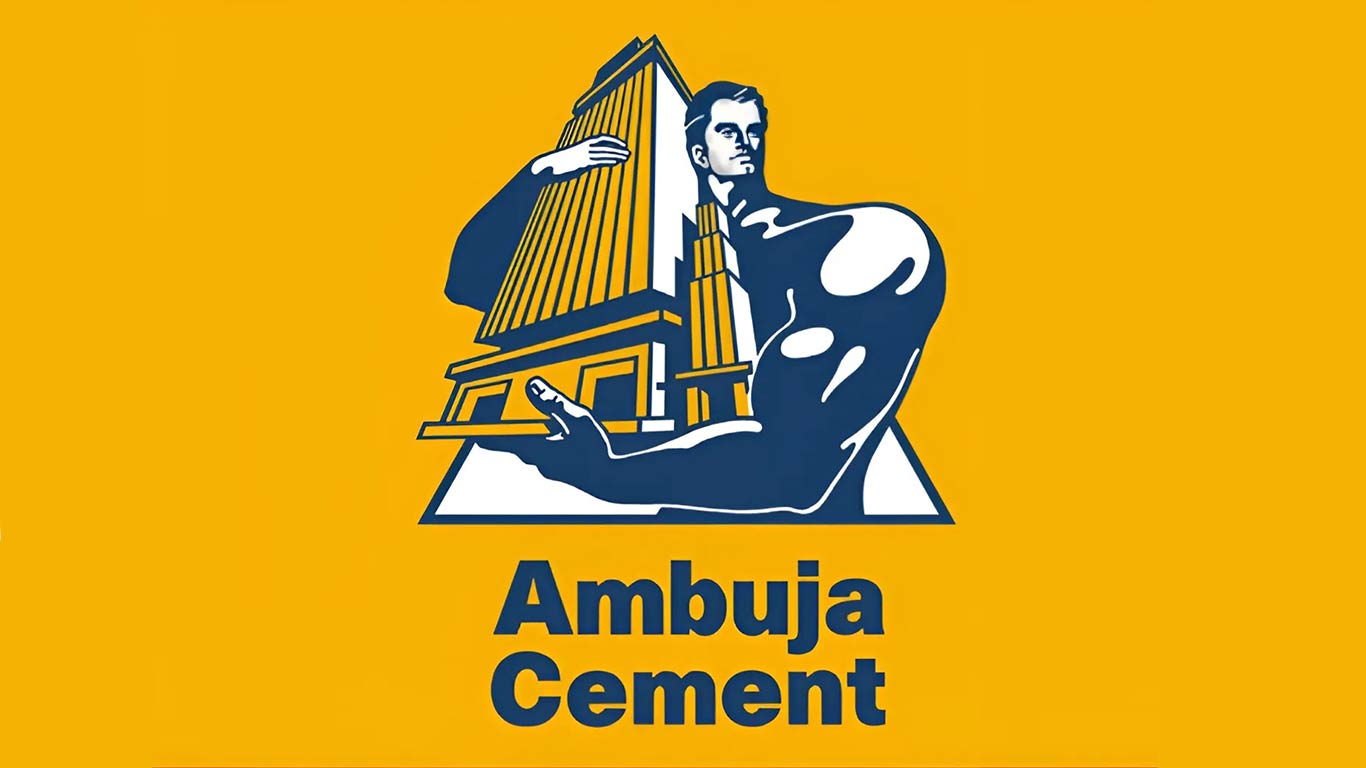
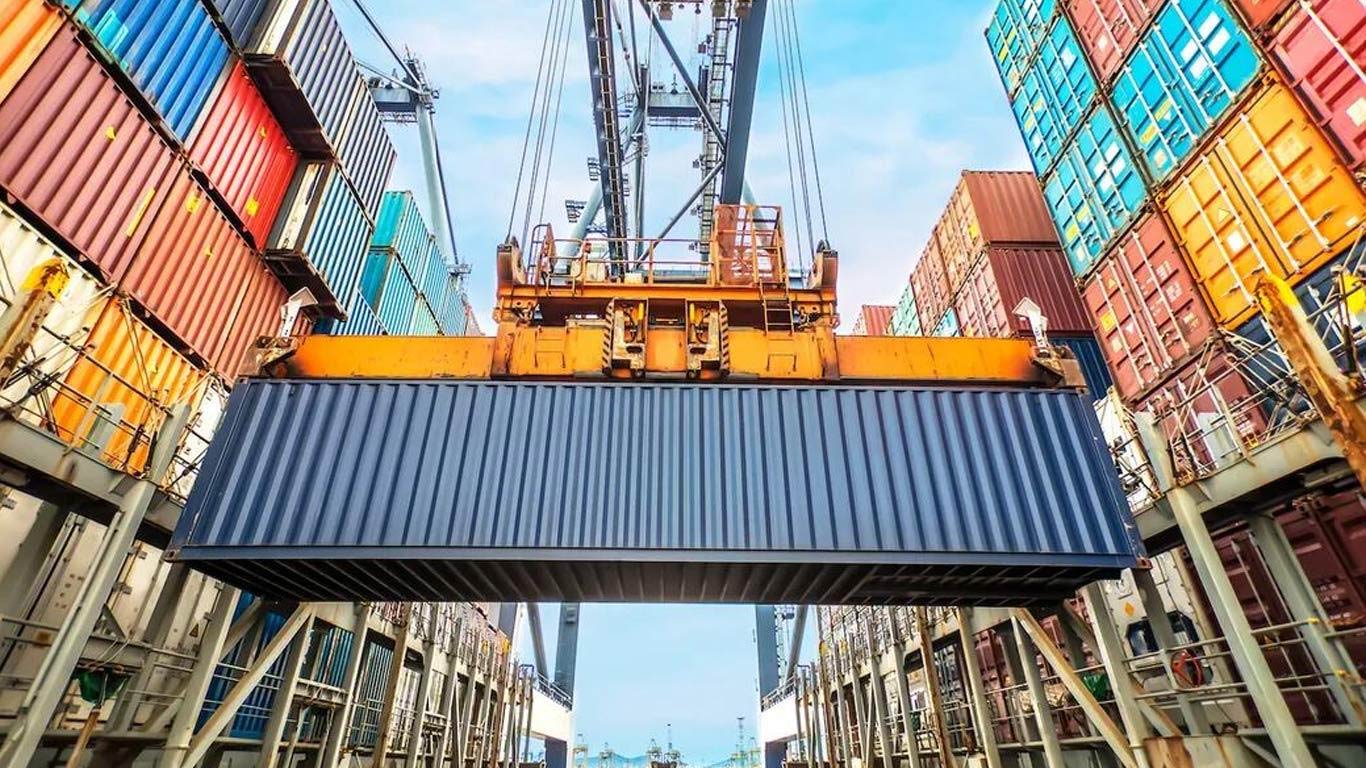
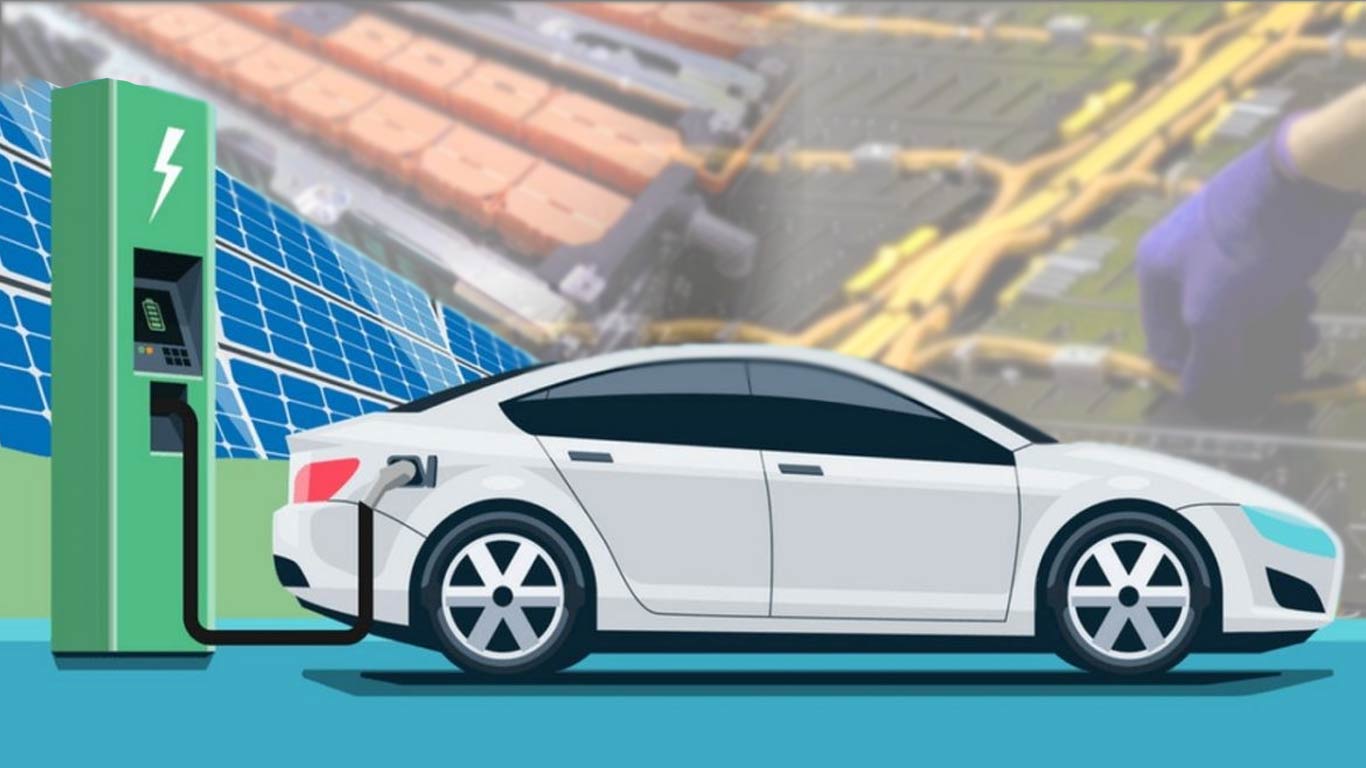
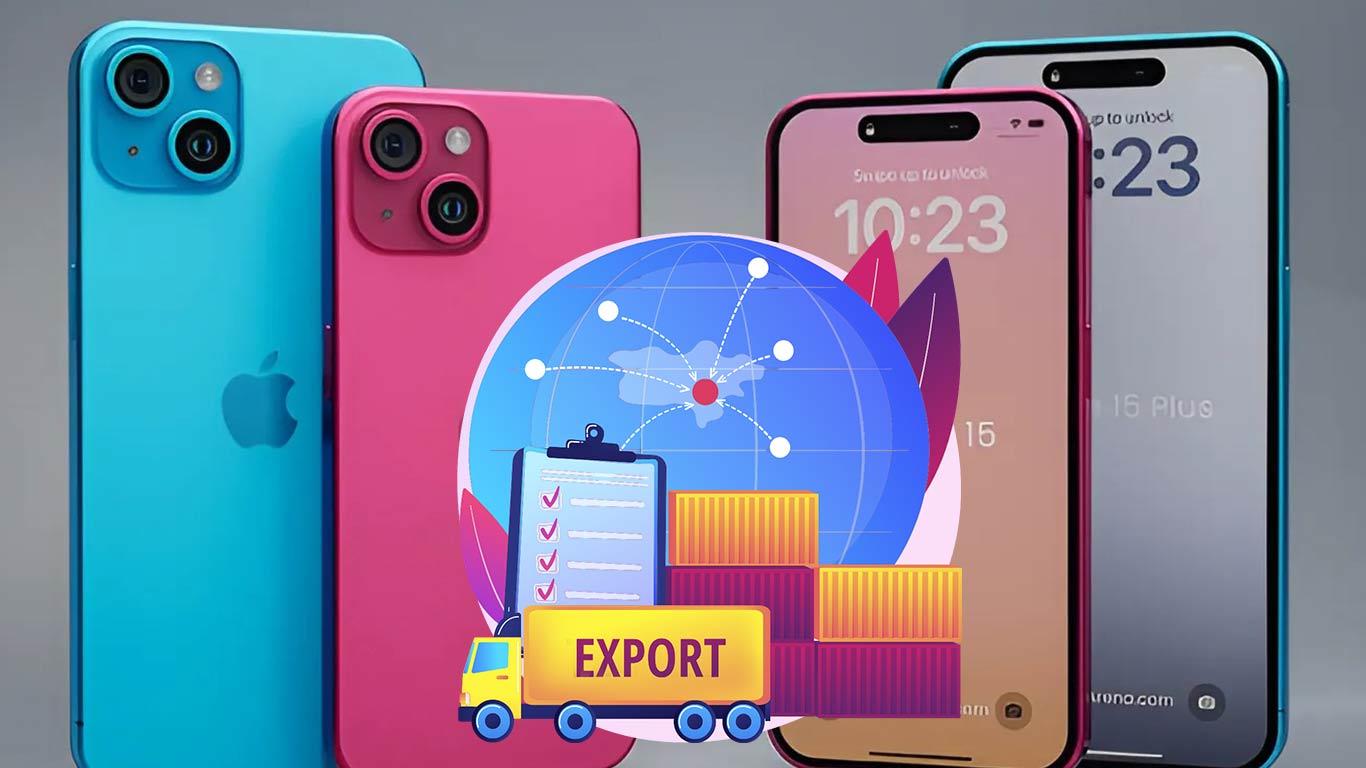
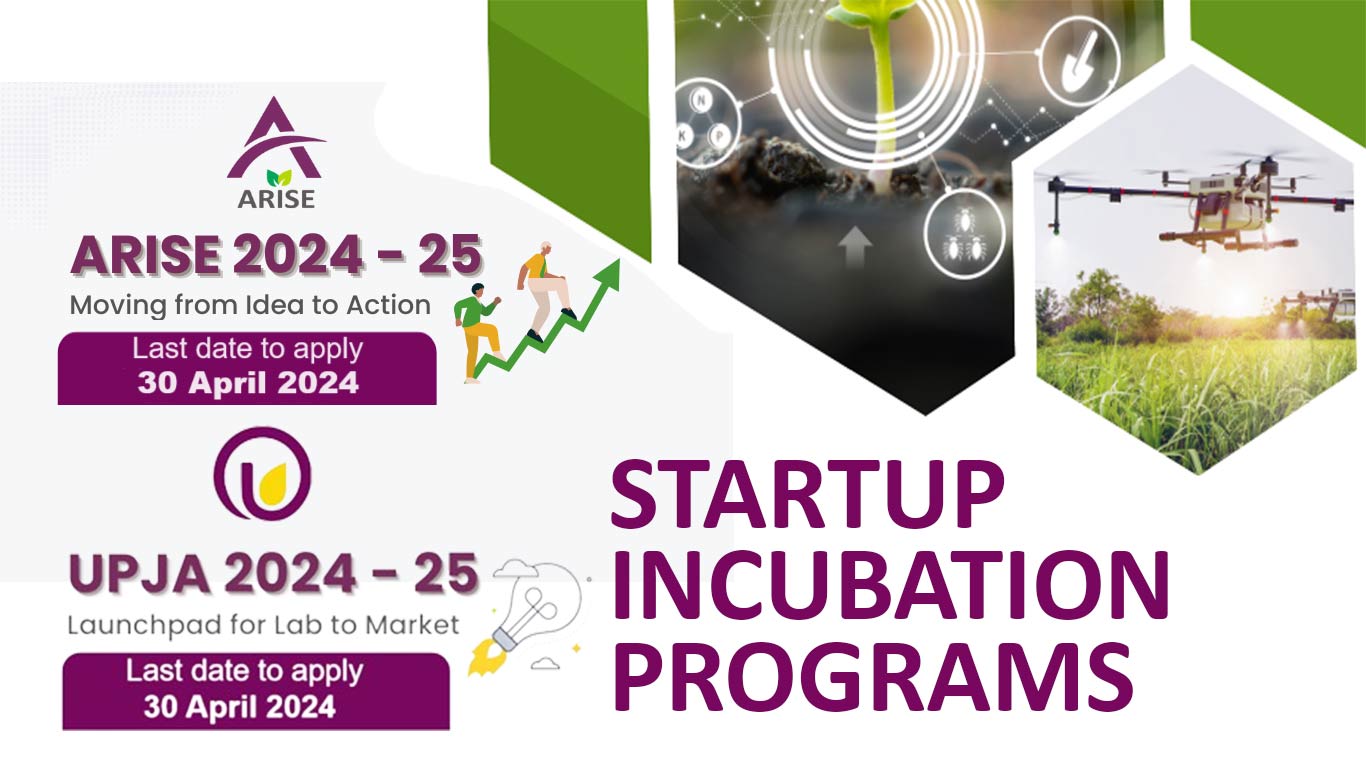





